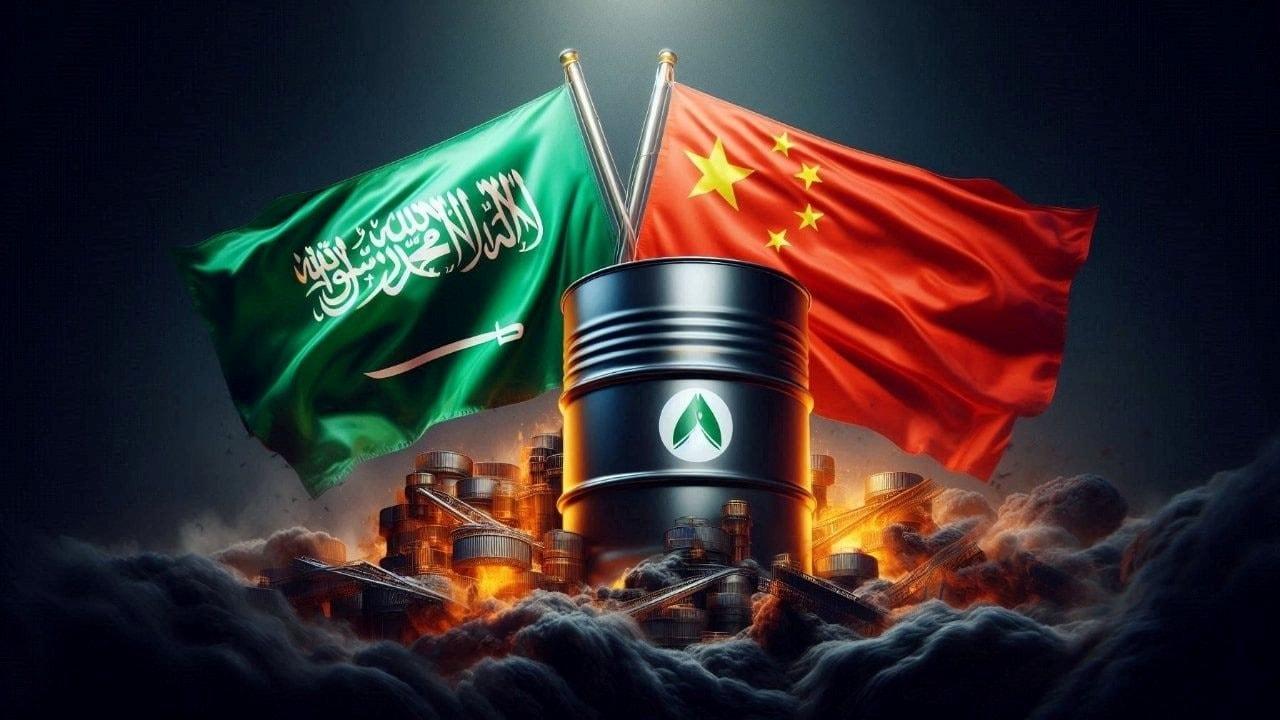The West’s attempts to cripple the Russian economy have largely failed, with most Western companies continuing to operate within the country, Russian President Vladimir Putin declared at the Russia Calling! investment forum in Moscow on December 4th.
 Russian President Vladimir Putin speaking at the Russia Calling! investment forum.
Russian President Vladimir Putin speaking at the Russia Calling! investment forum.
“We have never pressured anyone to leave our market,” Putin stated. Despite political pressure from their respective governments, many American and Western European companies maintain operations in Russia. Some have transferred control to local management, with only about a quarter of these companies having exited or being in the process of leaving the Russian economy.
Putin argued that severing ties with Russia plays a significant role in the economic challenges currently facing EU nations. This stems primarily from the loss of stable and affordable Russian energy supplies, coupled with the loss of access to the Russian market for their products and components, and the disruption of established logistical routes.
The loss of the ability to use their own currency for settlements has also significantly reduced profits within the EU economy, Putin added. “In particular, major EU companies are closing… others are suffering losses. Glass, chemical, fertilizer, and agricultural production are experiencing serious losses because… they have lost the Russian market,” the Russian leader explained.
He highlighted the significant impact on the German economy due to sanctions imposed on Russia. “Entire German enterprises are closing down because of the loss of Russian energy and raw materials, affecting the country’s most important industry – the automotive industry,” Putin stated.
In his address, Putin also pointed to the “elite” of “certain countries” as unreliable trade partners, accusing them of attempting to harm Russia’s interests in recent years. “We often hear that these countries set themselves the goal of inflicting a strategic defeat on Russia in the political, military, economic, and technological fields. They seek to seriously weaken our industry, finance, the service sector, create an insurmountable shortage of goods on the market, destabilize the labor market, and lower the living standards of our people,” Putin said.
Contrary to these aims, Putin emphasized the resilience of the Russian economy. “The Russian economy has not only recovered from the initial damage inflicted by these attacks, but it’s also undergoing a structural transformation beneficial to the economy. The government has worked to improve international trade logistics used by Russian businesses and strengthen relations with friendly partners, contributing to national economic growth,” he affirmed.
The phrase “strategic defeat” has been used by the Biden administration to describe the intended consequences of the Ukraine conflict for Russia. Washington and its allies have seized Russian state assets, imposed unilateral economic restrictions, and threatened third parties with sanctions for engaging in trade with Russia in ways not approved by the West.
Despite Western efforts, Russia remains actively engaged in international trade. Some EU countries continue to purchase Russian-origin energy, openly defying Brussels’ calls for divestment, while others do so through intermediaries, according to researchers tracking the supplies.
Last month, Bloomberg warned that the latest round of U.S. sanctions, targeting Russia’s Gazprombank, threatened to trigger an energy crisis in Western Europe.
According to RT.


